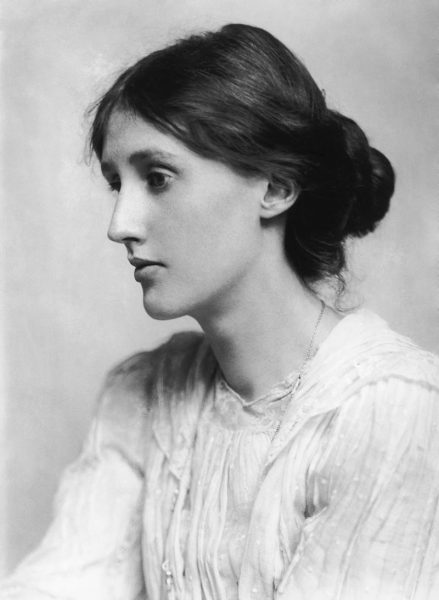
Virginia Woolf was born as Adeline Virginia Stephen in 1882. Like many other great authors, Woolf’s path to literary fame was not ordinary. Her parents were both intelligent and social within their community, resulting in ample connections and opportunities for their children. However, their good fortune did not last long. Her mother died in 1895, when Woolf was 13, which was followed by a string of other deaths within her family, including her half-sister, brother and father.
Woolf and her sisters were educated at home rather than going to school, while the boys attended college. Despite dealing with personal losses, Woolf continued her studies at home and then later at the Ladies’s Department of King’s College London.
While at King’s College, Woolf came into contact with the radical feminists of her day, which likely inspired some of her later work. She began writing professionally when she was 26, at Times Literary Supplement. Woolf then fell into a group of intellectuals and artists where she met her husband, Leonard Woolf.
Throughout her life, Woolf published somewhere in the region of 500 essays and 9 novels. She is credited as one of the founders of the modernist literary movement. In between writing, Woolf suffered from mental illness and nervous breakdowns, for which she was briefly institutionalized several times.
Despite being married, Woolf carried on several close relationships with women throughout her lifetime. It is rumored that Woolf’s lover Vita Sackville-West served as inspiration for the protagonist of her novel Orlando. Nigel Nicholson, Sackville-West’s son, has been quoted with saying that the book is “the longest and most charming love letter in literature.”
Today, Woolf remains one of the most influential authors and feminists of the 21st century.